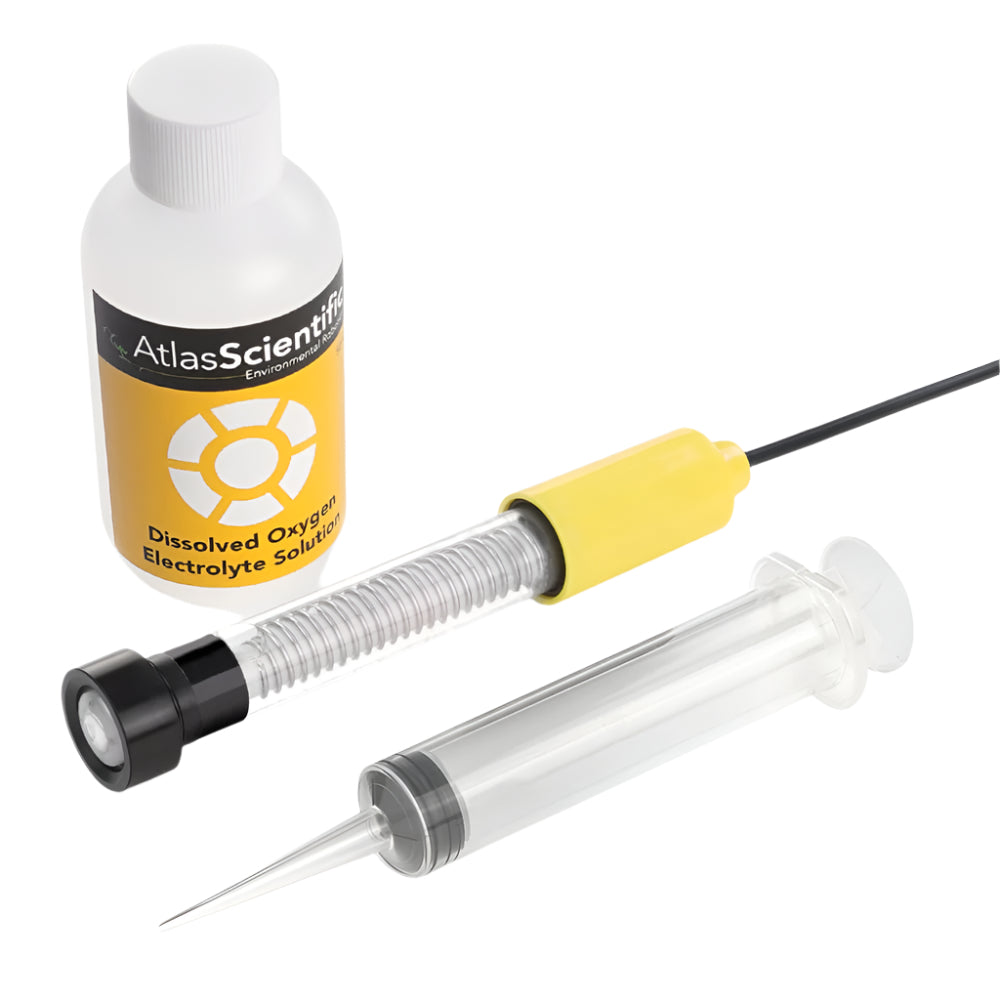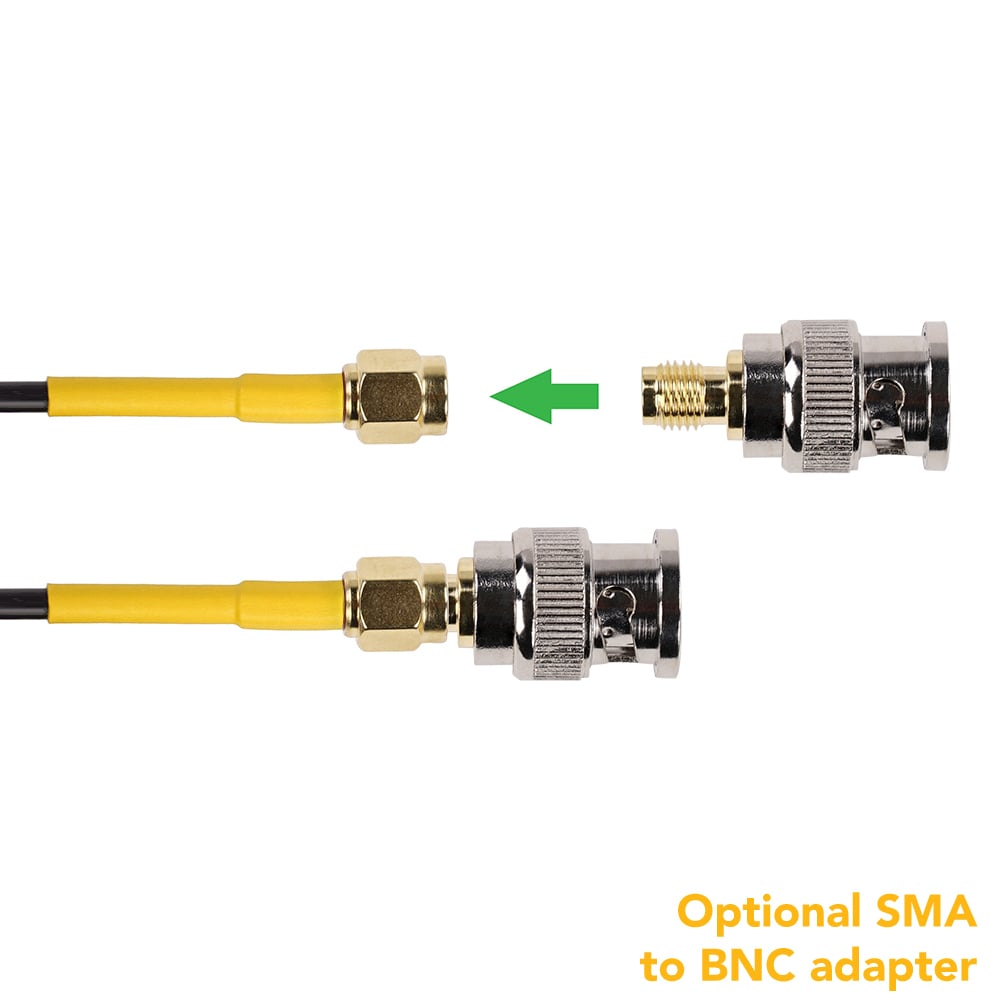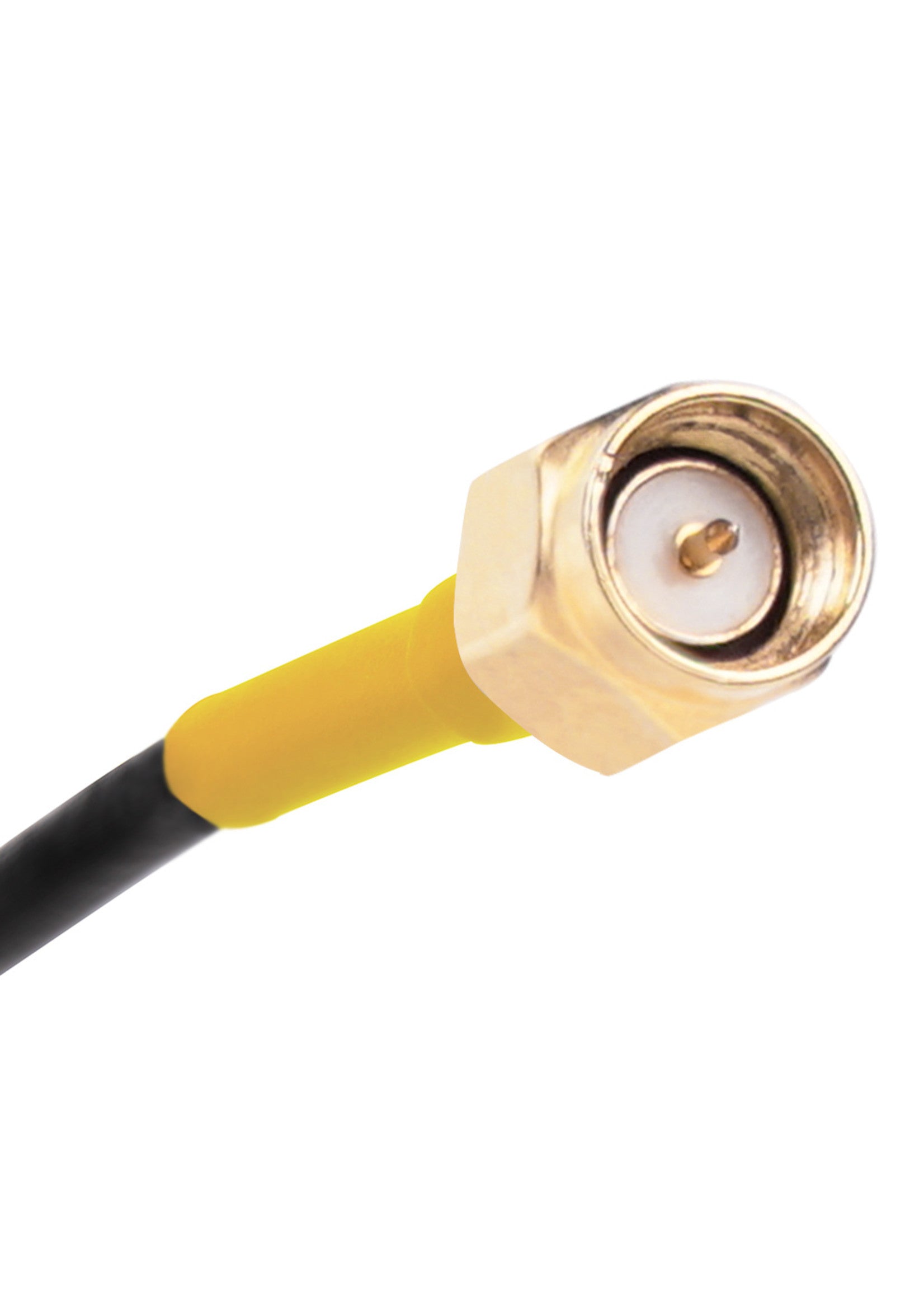Atlas Scientific
Lab Grade Dissolved Oxygen Probe
Lab Grade Dissolved Oxygen Probe
Description
The Atlas Scientific Lab Grade Dissolved Oxygen probe is a durable little probe that can work in almost any environment.

From basic laboratory work to remote fish farm monitoring, this probe has been installed in thousands of different machines worldwide.
Specifications
| Reads | Dissolved Oxygen |
| Range | 0 − 100 mg/L |
| Accuracy | +/– 0.05 mg/L |
| Response time | ~0.3 mg/L/per sec |
| Temperature range °C | 1 − 60 °C |
| Max pressure | 3,447 kPa (500PSI) |
| Max depth | 352m (1,157 ft) |
| Connector | Male SMA / Male BNC (optional) |
| Cable length | 1 meter |
| Internal temperature sensor | No |
| Time before recalibration | ~1 Year |
| Life expectancy | ~4 Years |
| Maintenance | ~18 Months |
Shipping & Returns
It may happen that you want to return an order. Because the product does not suit you, maybe there is another reason why you would not want the order. Whatever the reason, you have the right to cancel your order up to 14 days after receipt without giving a reason.
After cancellation you have 14 days to return your product. You will then be credited 85% order amount excluding shipping. For more information click the following link: /pages/shipping-and-returns
What's Included?
The Dissolved Oxygen Probe comes with:
| 1x Syringe | |
| 1x 30ml bottle of Electrolyte Solution |
Documentation
Não foi possível carregar a disponibilidade de recolha
10 em stock
Low stock?
Low stock?
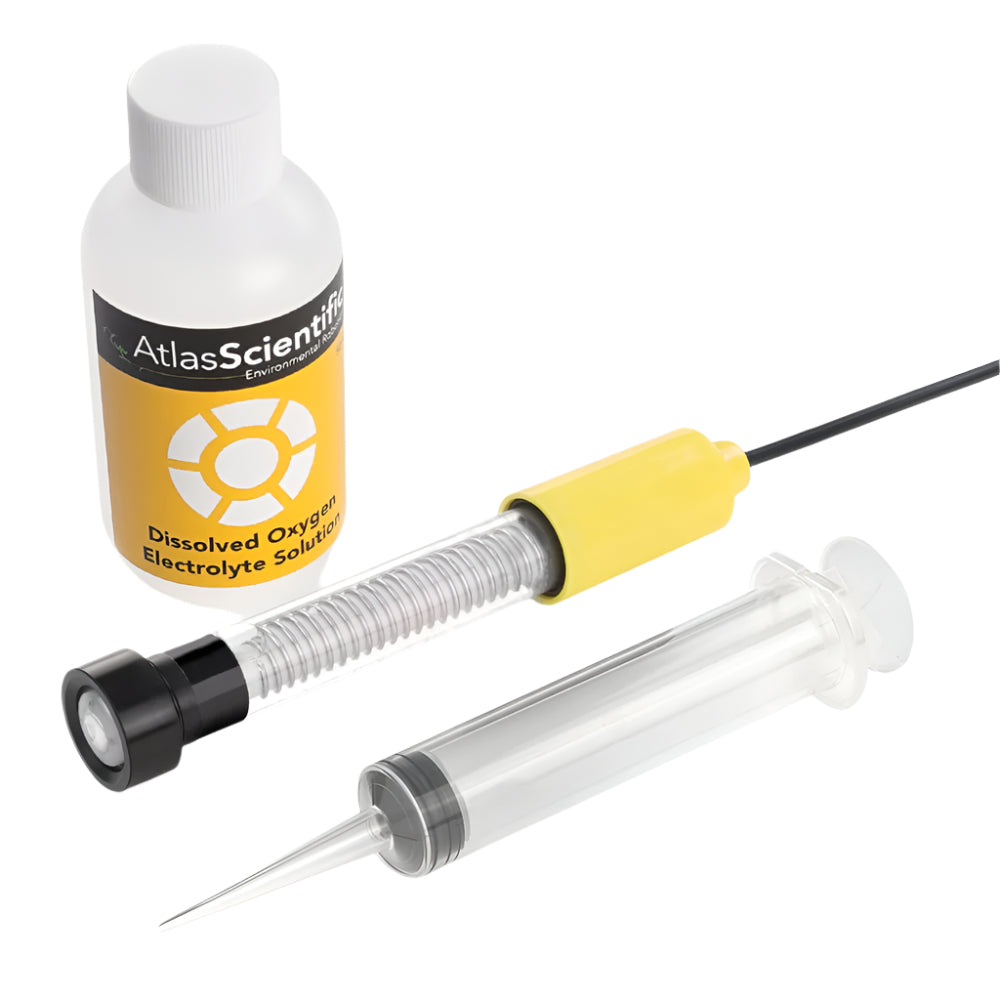


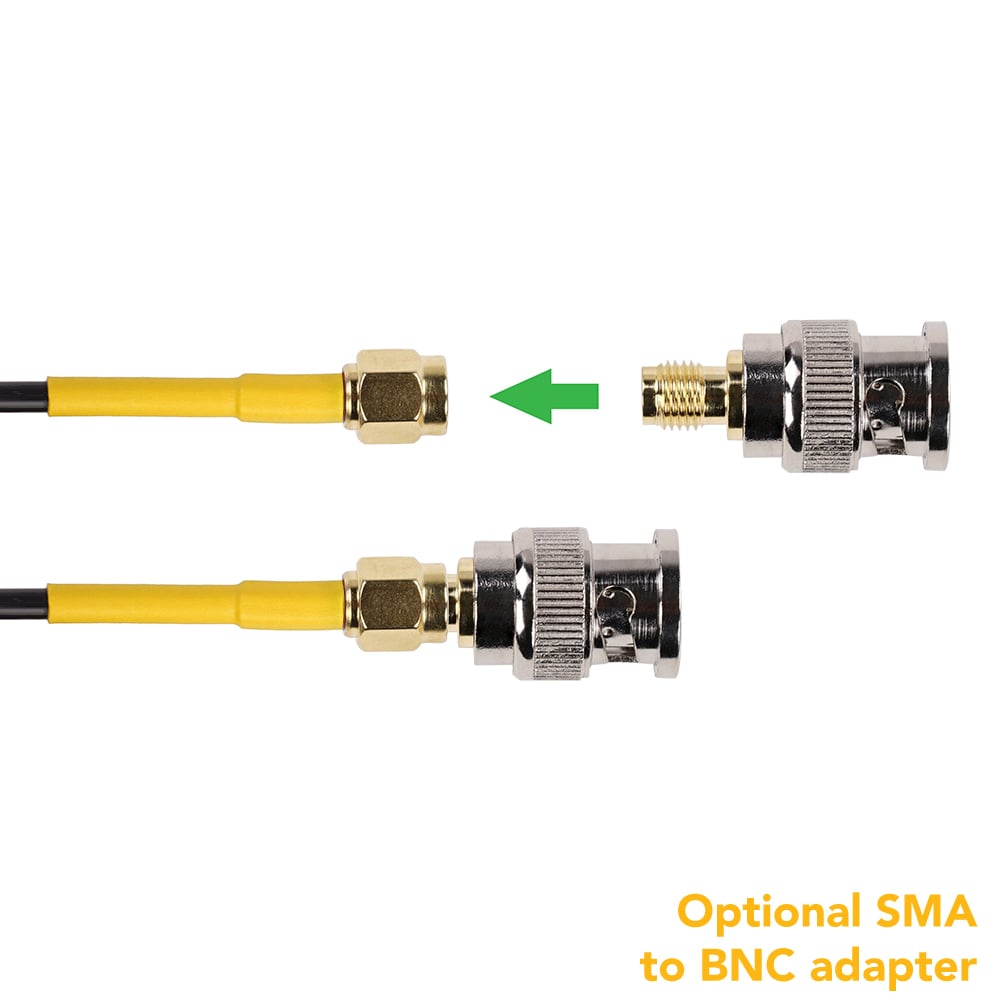
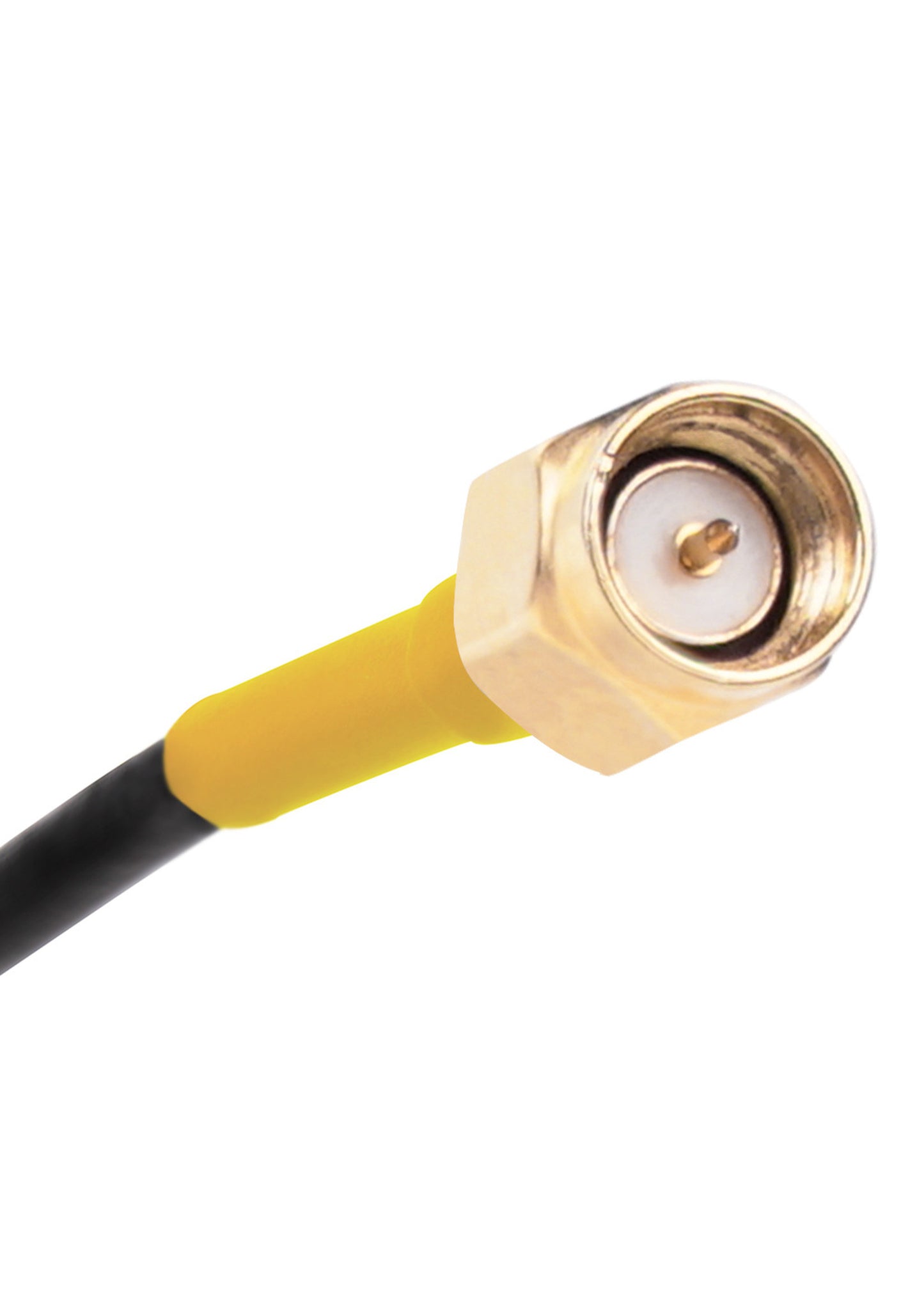
Prima producten, snelle levering en goede support
I have build an online Monitoring based on ESP32 and this set. Everything based on Tasmota. Works fine. Only negativ item. The Probe is very senstive in view of "dirt". In my fishtank it might happen that a leaf or slug is attached to the probe. The result will be wrong values. But i guess its not an specific issue with that probe and more an general issue.

